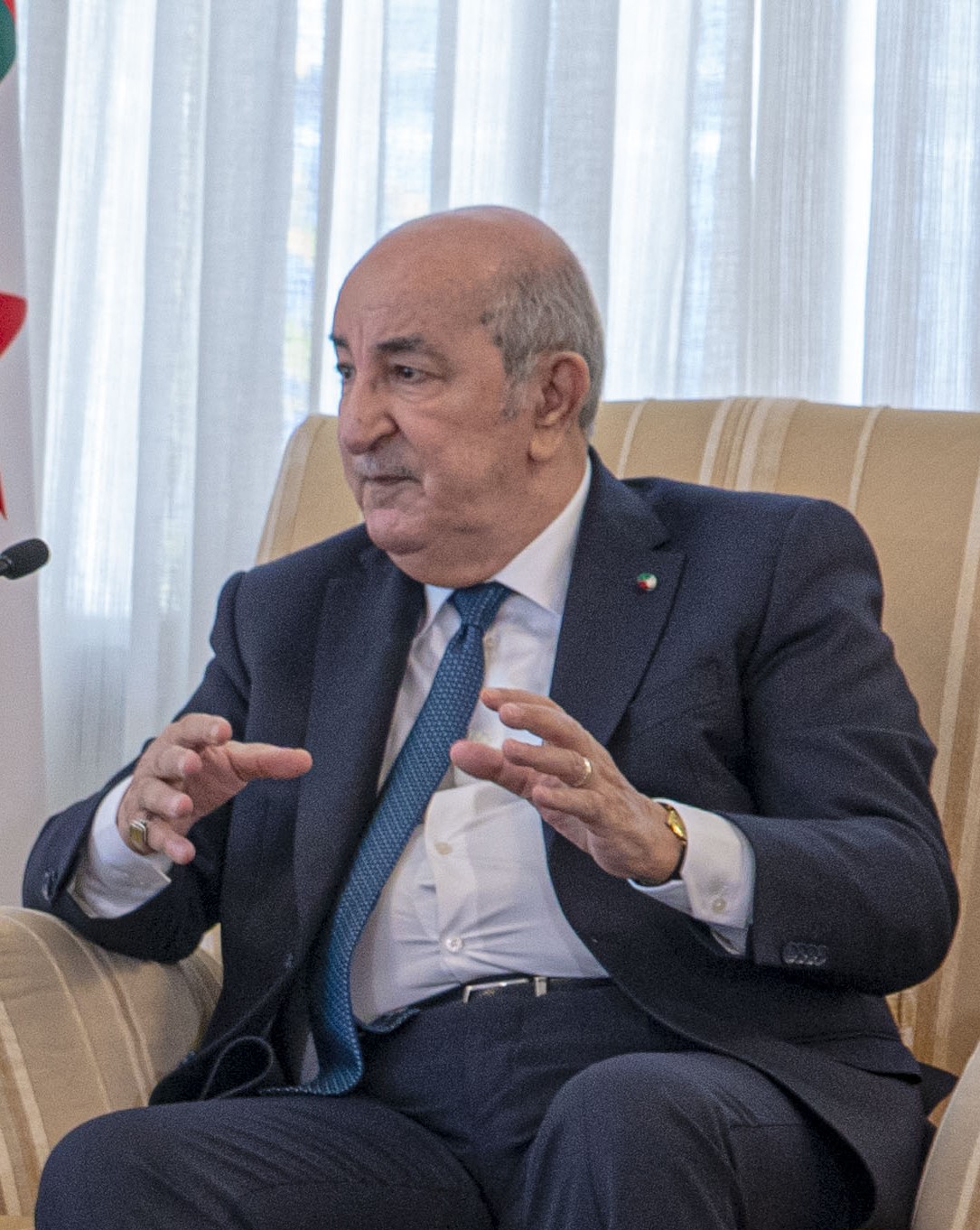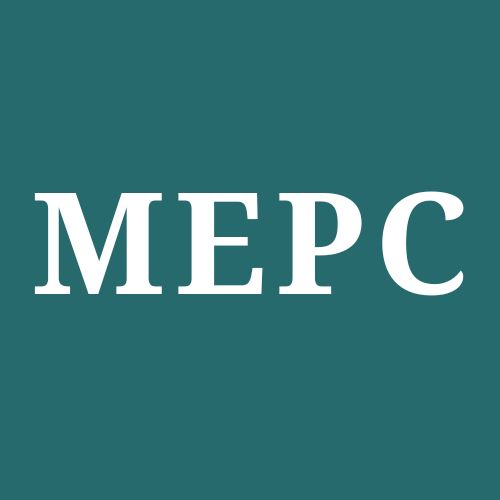On Sunday September 8, Algeria’s President Abdelmadjid Tebboune overwhelmingly won re-election, securing 95% of the vote in an election where only 48% of registered voters participated. His opponents, Abdelaali Hassani Cherif and Youcef Aouchiche, garnered 3% and 2%, respectively.
Hassani Cherif’s campaign alleged widespread irregularities, including vote inflation and group voting. Tebboune’s re-election, backed by Algeria’s military, indicates a continuation of his social spending policies, buoyed by rising energy revenues. However, the low turnout underscores persistent distrust in the political system and challenges Tebboune’s legitimacy.
Regional sources report on the election:
The New Arab shared that the re-election of Tebboune was “certain,” and his main goal after winning the election in 2019 was to boost voter participation in 2024, following a “record abstention rate of over 60 percent in 2019.” The source added that Tebboune became president after “widely boycotted elections and mass pro-democracy protests,” that “died out under his tenure as policing ramped up and hundreds were put in jail.”
The three candidates focused their campaigns on “promises to improve living standards and reduce dependence on hydrocarbons,” reported Ahram Online.
Al Jazeera noted that Tebboune’s first term included many “economic successes” such as “more jobs and higher wages in Africa’s largest exporter of natural gas.” The other candidates ran on strengthening rights: Hassani pushed to expand “freedoms that have been reduced to nothing in recent years,” and Aouchiche pledged, if elected, to “release prisoners of conscience through an amnesty and to review unjust laws.”
Algeria’s National Independent Electoral Authority (ANIE) announced that Tebboune won 94.65 percent of votes cast, with Hassani receiving 3.17 percent and Aouchiche 2.16, shared Al Arabiya. Hassani criticized the results as fraudulent, and “filed an appeal to the Constitutional Court Tuesday, contesting the provisional result of the vote.” Hassani claims that the numbers announced for voter turnout were “false figures,” and demanded that the authorities put an end to the “masquerade.”
Asharq Al-Awsat explained the appeal process: “Algerian law provides the court 10 days from the announcement of provisional election results to rule on the appeals.” A verdict might require ANIE to “recalculate each candidate’s totals without calling into question Tebboune’s victory.” The source quoted Hassani, who argued, “we want our votes — the votes of the people who voted for us — to be returned to us. I know it won’t change the outcome of the vote, but it will go down in history.”
According to the Algeria Press Service, many heads of state have already begun sending their congratulations to President Tebboune following his reelection, including King Salman bin Abdulaziz Al Saud of Saudi Arabia, Emir Sheikh Tamim bin Hamad Al Thani of Qatar, and French President Emmanuel Macron. These leaders have been “expressing their willingness to continue the ongoing collaboration and to strengthen the ties of friendship between their countries and Algeria.”

